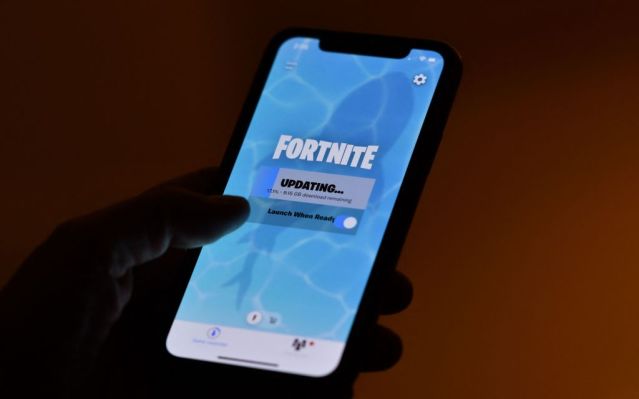“Denial is a river that flows through Cupertino!,” said Epic Games CEO Tim Sweeney, a notorious Apple critic who also sued the tech giant for anticompetitive practices, in a post on X, weighing in on today’s news of the European Commission’s historic €1.84 billion fine against the iPhone maker. The EC ruling, which favors Spotify, hinges on Apple’s approach to its anti-steering clauses that prevented Spotify and other music streamers from directing users to their websites.
Referring to Apple’s response to the EC fine, which the company said it would appeal, Sweeney writes, “Apple’s bitter griping simply describes their historic, pre-monopoly relationship with app makers: the device provides great APIs, and apps provide great features to attract users. Everyone profits together.”
In other words, Apple’s App Store was originally seen as a platform that could help the tech giant sell more iPhones, as having easy access to popular apps, like Facebook — an early App Store partner — would be a plus for consumers. But over the years, as Apple grew its services business, it pushed app developers to use in-app purchases to monetize their apps by way of sales of virtual goods and subscriptions. As a result, Apple’s interest in retaining its cut of these revenues strengthened. Though it made some concessions for small business developers and others, it sees no model for the App Store that doesn’t involve a commission structure.
Although Apple did implement an exception to its rules in 2022 for “reader” apps, like music streamers, it still largely controls the process by dictating who can apply for an exception, when it’s granted, how the links should appear, how they can be advertised in the app and more.
Sweeney, undoubtedly, was thrilled with the EU’s decision, given his own company’s fight against the tech giant over similar matters.
Epic Games has long wanted a way to distribute its popular game, Fortnite, to iOS users without having to go through the App Store or pay Apple a commission on any in-app purchases. The game maker sued both Apple and Google for antitrust issues regarding how their app stores are run. It won its battle with Google, which was tried by a jury, but largely lost its case against Apple after the Supreme Court declined to weigh in on the lower court’s ruling that found Apple was not a monopoly.
However, Epic Games won on one count in its court battle with Apple, as the district court judge in Northern California ruled that app developers should be able to point their users to links or buttons that connected to their websites, where customers could learn about other ways to pay beyond Apple’s in-app purchases.
As required by the court, Apple said it would permit such links, but decided it would still take a 27% commission on those sales — a move that Epic dubbed a case of “malicious compliance” and one which Sweeney vowed to fight.
Today, he suggested that the EC’s decision has relevance to his case in the U.S., as it describes “lawbreaking by Apple.”
“In America, the issue is coming before the District Court in Epic v Apple as Epic challenges Apple’s malicious compliance with the court’s anti-steering injunction,” Sweeney wrote.
He also retweeted a Business Insider piece by Peter Kafka which points out that the $2 billion fine is actually an $80 billion problem, as investors’ reactions to the EU’s decision tanked Apple’s stock by as much as 3% in the first few hours of trading, equating to some $80 billion in market cap.
Spotify also reacted to the fine today calling it a “powerful message” but cautioned that Apple has a history of skirting regulations meant to hold it accountable. Sweeney also retweeted Spotify CEO Daniel Ek’s video message about the fine and his concerns that Apple will find a way to avoid full compliance.
